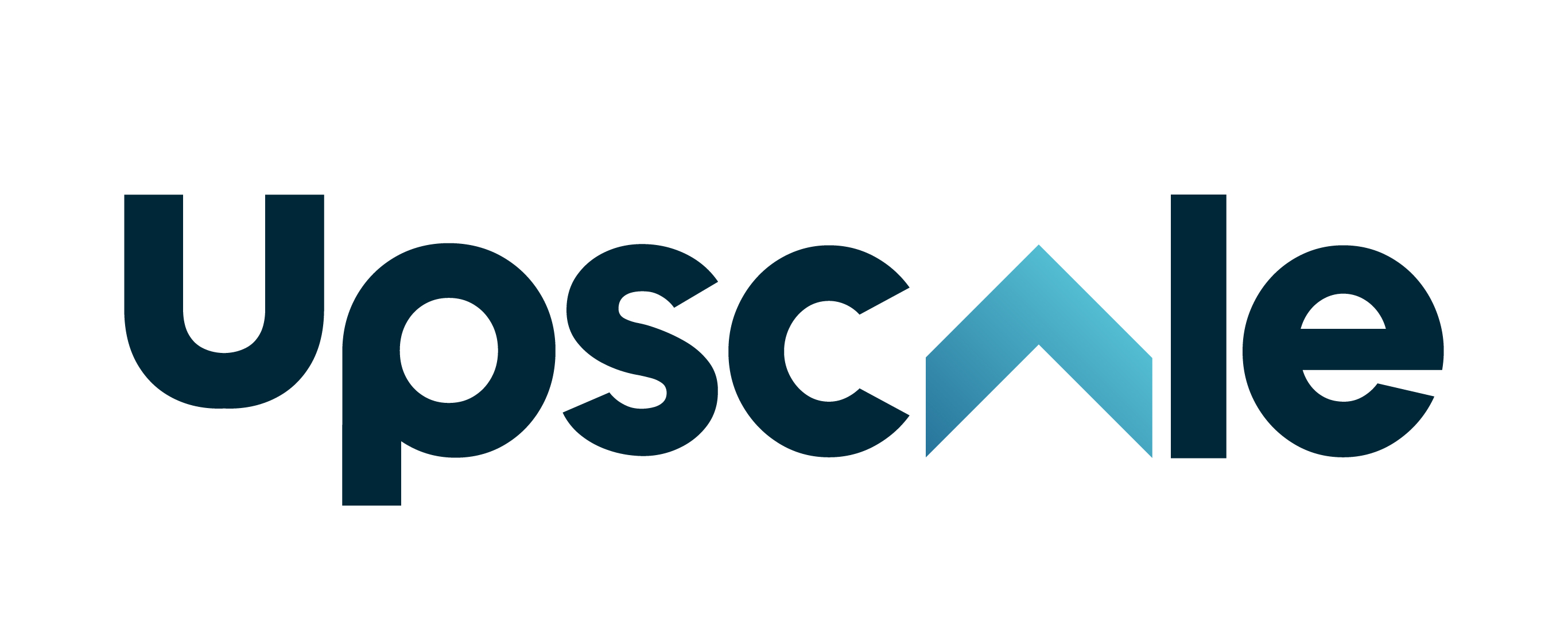The Future of Remote Work in a Post-COVID World
Mon, 23 May 2022

Are you looking forward to working from home after the pandemic? Or maybe you have already started working remotely? Either way, there is no doubt that remote working has become a common practice in recent years, particularly when the COVID-19 pandemic hits the world.
While some countries are slowly returning to normalcy, others are still struggling to recover. As a result, millions of workers around the globe remain to work remotely rather than going back to the office.
Here are some predictions for the future of remote work beyond the coronavirus pandemic:
Going Back to the Office Is Not an Easy Call to Make
There is no one-size-fits-all answer for when companies should go back to the office. Every company is making its own plans based on various factors such as the severity of the pandemic in their area, the type of work they do, and employee preferences. For some companies, going back to the office is an easy call to make; for others, it’s more complicated.
On the one hand, many employers are migrating back to their offices following the pandemic. But, on the other hand, this decision is not an easy one to make for many reasons. Many employees may be unwilling or unable to return to work in an office setting.
Additionally, remote work has become more prevalent in recent years, and many companies now have the infrastructure in place to allow for telecommuting. Finally, following the pandemic, there may be a shortage of office space, and employees may be reluctant to return to an environment that is now overcrowded.
Hybrid Working as the New Norm
While getting more traction recently, flexible working or working from home is not a new phenomenon. It has been around for years and is becoming more popular as technology advances. In addition, with the pandemic of Covid-19, many companies are implementing flexible work policies to keep their employees safe and healthy.
Now that the current situation has forced so many people to work remotely, it might be a good time for companies to consider making flexible and remote working the new norm. This could be done by choice or as a change in company policy. There are many benefits to both the employees and the company when working remotely, such as reducing office costs, improving employee satisfaction, and helping with recruiting and retention.
The company should weigh all the legal considerations and factors before implementing a hybrid model of work. This includes employment law, employee taxation and benefits, health and safety, data privacy and protection, and corporate law and taxation. Once the company has assessed these areas, it can design a plan that will work best for both the employees and the company.
Some companies are doing away with physical desks altogether and instead allowing workers to use laptops, tablets, and smartphones to complete tasks, which brings us to the next point.
Remote Work Job Postings Are Soaring
With the pandemic resulting in restrictions on movement, many employers are now turning to remote work to keep their businesses running. This has led to an increase in job postings for remote positions. To take advantage of this trend, it is crucial to make sure your resume and applications stand out from the crowd.
There were nearly 1.2 million remote job postings in January-May of 2021, which is 400,000 more than during the same period in 2019. Moreover, the demand for remote jobs is expected to grow throughout 2022 and beyond. This shows that even though the economy is struggling, companies are still looking for ways to reduce expenses and boost productivity.
Some companies are offering incentives to those who work remotely. These include subsidies for Internet access and free laptops for work. Other companies also provide digital tools and resources to help employees stay productive while working remotely.
In addition to posting jobs on job portals, employers also use social media platforms like LinkedIn to recruit potential candidates. This means that candidates now have to ensure that their online profiles accurately reflect their skills and experience. Getting online visibility to potential employers is the first step to landing a remote position.
Companies are also taking advantage of other forms of communication, including video conferencing, instant messaging, and voice over IP (VoIP). All of these methods allow employees to communicate with each other without having to leave the house.
Remote Work’s Impact on Urban Areas
COVID-19 has had a significant impact on the remote work landscape. Hundreds of businesses have physically closed their doors, leaving employees without jobs and forcing many people to work remotely for the first time.
There is no one-size-fits-all solution to the COVID-19 pandemic. Every employer and employee will have to find their way to navigate these uncharted waters, no matter where they are. However, remote work can play an essential role in mitigating some of the adverse effects of this crisis. By allowing people to work from home, businesses can keep their employees productive and engaged while freeing up much-needed space in crowded cities.
With more and more people don’t need to commute to the cities, supposedly there’s less traffic congestion, less pollution, and fewer carbon emissions. So theoretically, cities are becoming much less crowded because of this. But as the pandemic recovers, the trend could be reversed to pre-pandemic days.
Employees Will Increasingly Ditch the Traditional Work Life
The traditional workplace is no longer as attractive as it once was. With the rise of remote work, workers are increasingly ditching the work-life for the freedom and flexibility that comes with working from home.
As remote work becomes more common, we may see a shift away from the traditional office culture towards something new and different.
While this may seem like a dream come true, there are several challenges that come with remote work. For instance, remote employees can often feel isolated and unsupported, and they can miss out on important stability, feedback, mentorship and upward mobility potential. In addition, remote work can put added pressure on managers to manage teams effectively, leading to burnout.
Nevertheless, this doesn’t stop employees from embracing remote work. While there are still plenty of obstacles to overcome, the benefits of remote work are starting to outweigh the drawbacks.
Increased Demand for Work-From-Home From Employees
The pandemic has led to a surge in people working remotely. This is primarily due to the fact that so many people are now quarantined or have had to work from home because of the pandemic.
Even after the pandemic, companies will continue to look for ways to make their employees’ lives easier. As remote work becomes more prevalent, employers will likely start offering incentives to encourage their employees to work from home.
Employers, in particular, should be prepared for this shift and make sure that their employees have the tools and resources they need to be successful. In addition, expectations around productivity and performance will likely increase, and employers should be ready to adapt accordingly.

Companies Will Use Work-From-Home Perks as Recruiting and Retention Tools
Related to the previous point, companies will likely continue to offer incentives to attract new hires and retain existing ones. In other words, companies are expected to use remote work perks as recruiting and retention tools.
Downsizing office space for real estate savings is likely to become more common in the coming years, making telecommuting an increasingly attractive option for employees.
Some more, companies are looking for ways to make this arrangement permanent. For example, many of the amenities already offered onsite could be made available to remote employees. This would include things like wellness programs, food services, and childcare. By doing this, companies can keep their workers safe and attract and retain top talent.
Eventually, they will start allocating more funds to bring these perks closer to home to attract and retain top talent. This is especially important now that so many people are looking for remote jobs.
Remote Working Is Still Not Perfect
While remote work is becoming more popular, some key issues still need to be addressed. Security and technology concerns are the main ones as it relates to remote work.
Security is one of the biggest hurdles that come with remote work. It’s easy to imagine how vulnerable remote workers might feel when working alone at home. But unfortunately, cybercrime keeps rising even during the pandemic.
In addition, hackers take advantage of the pandemic to attack businesses when working on computers. They’re taking advantage of the lack of human interaction by targeting remote workers.
Another security concern is privacy. Employees who work remotely are often concerned about their personal information being shared without their consent.
Also, while most people today have access to high-speed internet, not everyone has equal access. This means that remote workers may experience slower speeds than those who work in the office, especially those in an area where Internet coverage is spotty or poor.
In addition, poor planning in communication, ineffective or unnecessary meetings also happen remotely. Additionally, people can feel isolated or lonely when working from home, and employers may miss out on the opportunity to see their employees’ faces and judge their body language. This means that they may fail to notice if someone is struggling emotionally or physically.
It might be more difficult for remote workers to build trust with their colleagues when that happens. There is a chance for conflicts to arise between those working in the office and those working remotely, especially if there is a lack of communication.
As we mentioned earlier, the pandemic has also changed our expectations around productivity and performance. Now that many people are working from home expect them to do more work in less time. So if you’re expecting your employees to meet deadlines, don’t be surprised if they fall behind.
To make remote work successful, employers need to shift their focus from employees’ behaviours to measuring performance based on outcomes and clear metrics. This way, both the manager and employee can be held accountable, and problems can be addressed quickly and effectively.
Nevertheless,
Is Remote Work the New Reality?
While we’re still waiting for the world to fully recover from the effects of Covid-19 and the subsequent lockdown, it seems likely that remote work will continue to grow.
Remote work is not going anywhere as it has been on the rise for years and will only become more popular in the coming years. With the advent of technologies like Zoom and Google Drive, it has become easier than ever for people to work from anywhere.
Companies realise the benefits of remote work, such as increased employee productivity and decreased overhead costs, and are starting to embrace it.
However, remote work should not be viewed as a last resort but as an essential part of the way we work. To make remote work successful, both the employee and employer need to maintain a connection, whether it is through video conferencing or good old-fashioned communication.
That’s not to say that everything will be done remotely or that people will never come together in person again, but it’s important to plan for a remote-first world. Companies need to create an environment where employees feel comfortable working remotely and stay connected even when they’re not in the office.
Employers need to be transparent about why changes are being made and what the goals are for the company. And everyone needs to be prepared for moments when remote work isn’t an option.
With the pandemic forcing so many people to work remotely, it has become clear that this is a new reality. Now more than ever, employers need to create an environment where employees feel comfortable working from home. This means providing them with all the necessary tools and resources to be productive.
